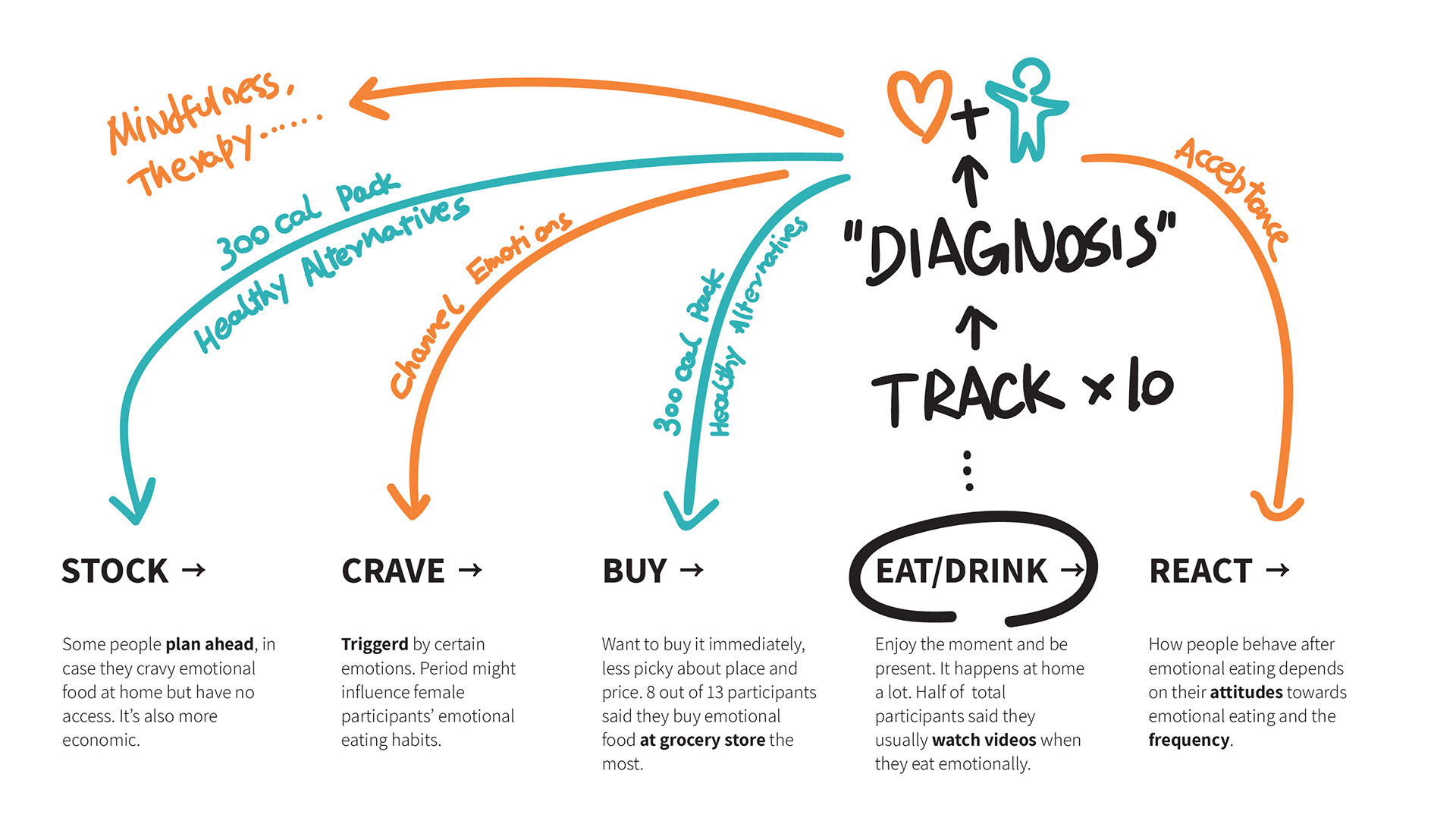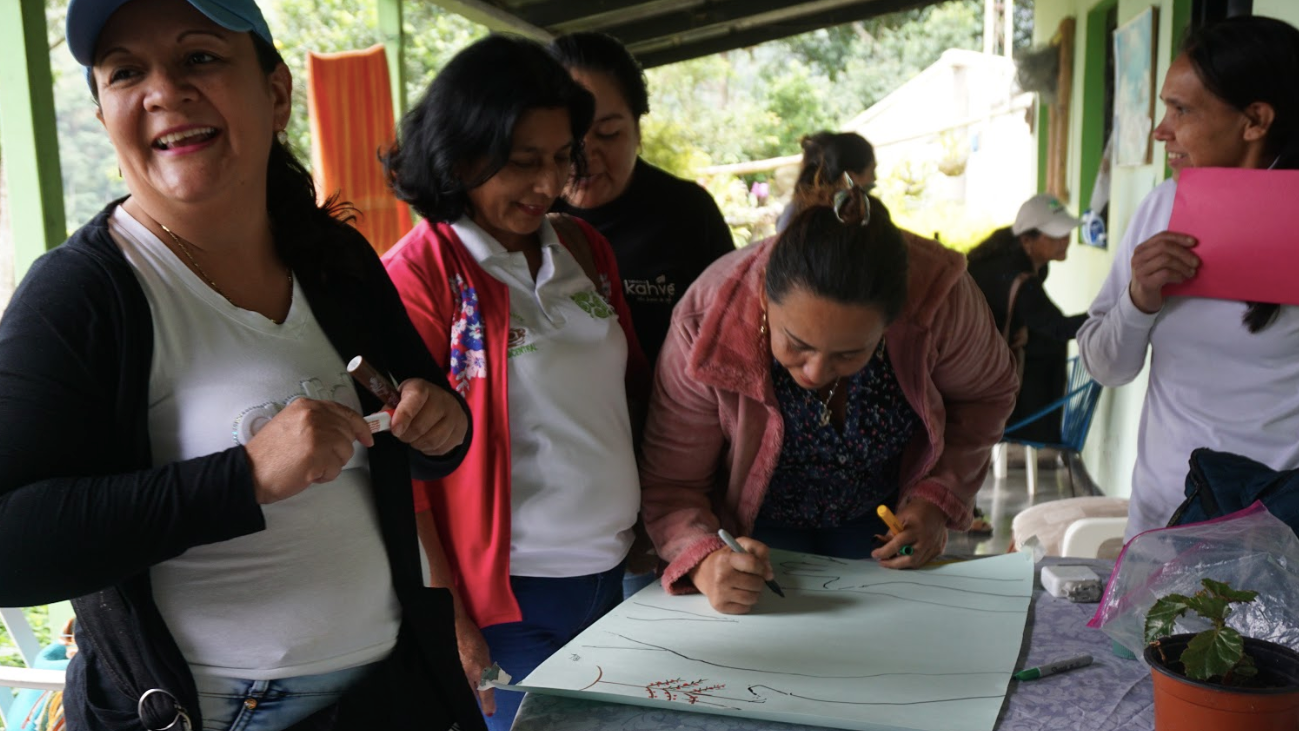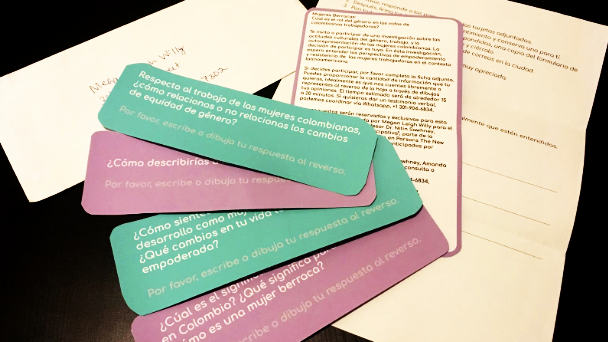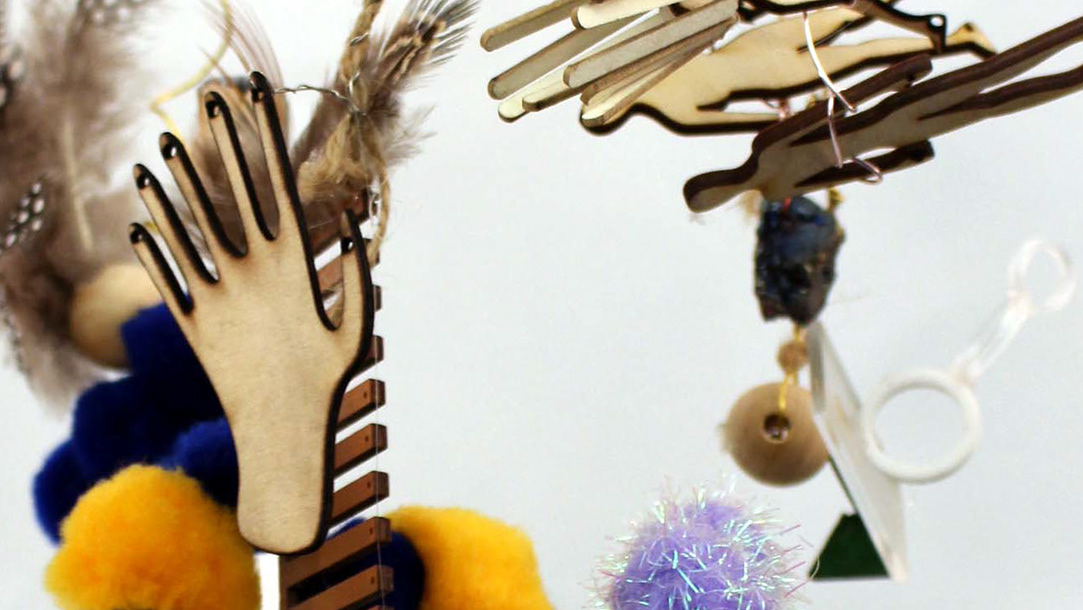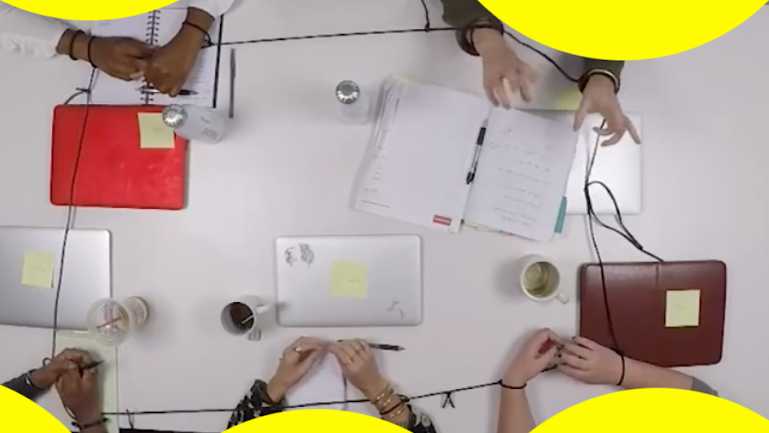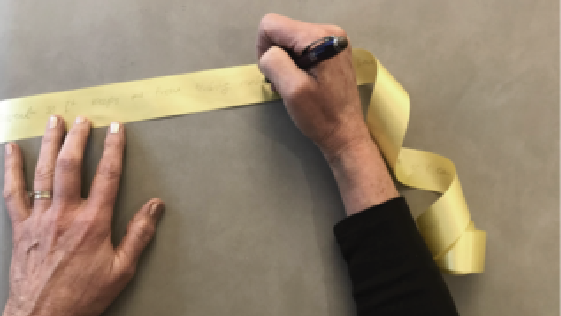Roles: Project Manager, Design Researcher, Strategist, Workshop curriculum designer, Facilitator, Translator
Collaboration with: Tina Qi, Mariana Gonzalez, and Abdul Barbhaya
As the project lead for "Nosotras Tejemos, Nosotras Diseñamos", my role was multifaceted and deeply collaborative, focusing on empowering artisan women weavers in Panajachel.
I designed the research process, strategized and planned our engagement with the women, and proposed the project to the founder of the cooperative. Upon receiving approval, I secured funding for our trip to Guatemala through grant applications and coordinated with the local leadership and key stakeholders to organize the workshops prior.
I also was the primary facilitator and translator for the English-speakers on my team, which sometimes involved 2 layers of translation: from the indigenous language to Spanish and then to English (and back!).My team and I developed a four-part strategy to cultivate creativity and agency among indigenous artisans working with Mercado Global.
Our initiative aimed to:
1.) Challenge exploitative global employment models
2.) Preserve indigenous textile design traditions
3.) Provide meaningful economic opportunities for artisan women through designing participative research & communication tools
4.) Foster genuine cultural exchange and mutual learning
The project successfully piloted in Spring 2019 with a visionary approach to annual community collaboration and creative expression.
Artisans and Design Team
Synopsis
The craft sector is the second largest employer in the developing world, and yet the majority of artisans are living in poverty. The overall western model of globalized employment both exploits artisan ability to weave quality products while also erasing indigenous traditions of textile design and storytelling.
We Weave, We Design (Tejamos, diseñamos) is a project with Artisan women weavers in Panajachel, Guatemala and their US-based employer, Mercado Global. My team and I began our engagement with the community over a week in Guatemala, using a cultural probe to get to know the women of the community and to better understand their values and wishes for the future of their work. We then critiqued Mercado Global’s current empowerment model, finding that although well-intentioned, there is a significant missed opportunity in not allowing for the artisans’ creativity and agency in the designs they produce. Thus, we proposed an addition to the current model which will include creativity building workshops and result in the production of 50 units as part of a new line, “Piece of the Season”, exclusively designed by different communities around Lake Atitlán. The workshops include historical contextualizing with a hired Guatemalan anthropologist and reflection about lives, values, colors, patterns, and textures present in the dynamic and vibrant culture of Panajachel. The project, We Weave We Design, will pilot in Spring 2019, and hopefully will continue as a fellowship for graduate and undergraduate Parsons students as a yearly opportunity for community engagement and mutual learning experience between artisans and students for years to come.
Ecosystem Map of the Craft Sector in Guatemala
Secondary Research & Case Studies
To better understand the craft sector in Guatemala, we collected information from different scales of the complex ecosystem, from the exportation policies to a detailed analysis of different business models.
We also grounded our secondary research by examining the Brooklyn-based non-profit’s model carefully.
Participatory Field Research
Because we were lacking the artisan’s perspective, we were eager to know how they themselves viewed their situation and how they might describe their ideal future, so we decided to conduct a participatory research workshop during the field research trip to Guatemala in 2018. We also gained a more holistic understanding of expectations about the future of their community, their life, including their everyday routine, their perspectives of their culture and what they like and care about most.
Insights
1.) Income generation is a priority.
2.) Artisans don’t design their textiles with the current global distribution model in mind, but they feel a sense of achievement when they do it on their own for personal use or small-scale sale.
3.) They hope their work will be recognized and valued.
4.) They rely heavily on the non-profit for providing them work opportunities and to distribute their textiles.
5.) Some artisans are aspiring entrepreneurs.
Four-Part Strategy
Our design is a four-part strategy which holistically addresses the situation.
Student fellowship
Each year, 2 student fellows will go to Panajachel, Guatemala and work with the non-profit to conduct creativity-building co-design workshops with different communities of Lake Atitlán. The students will then mentor future fellows in the program in the following year.
Community Design Workshops
During the week in Guatemala, the student fellows work with the non-profit to conduct a series of co-design workshops. These workshops are a space that allow artisans to learn about and reflect on their own culture and design according to what is meaningful for them and a space for cultural exchange with the Parsons team. The workshops allow for reflection about lives, values, colors, patterns, and textures present in the dynamic and vibrant culture historically and presently around the Lake Atitlán.
The outcomes of the workshops are comprised of two parts:
Intangible outcome: Co-education pattern design process between Parsons students and artisans which encourages artisans to express their own culture, increases motivation, and increase creativity.
Tangible outcome: Patterns conceived, designed and woven by the artisans will be used for the production of the limited edition product.
Parallel production line
The Nosotras Tejemos, Nosotras Diseñamos (We Weave, We Design) project is our answer to this design opportunity, a parallel journey of production for a limited edition series that involves artisans in the design process.
Our proposed design
Feedback
In meeting with the non-profit’s leaders on the last day in Panajachel, we received feedback about our work and plans to move forward with the next steps of our project, the display of the objects created and sales in the US.
The cooperative expressed gratitude and excitement, mentioning that they try to get the artisans participative and involved in the monthly empowerment workshops that they hold, but they haven’t seen them this active yet. Also, they were proud that the artisans seemed to be making their own decisions along the way, finding creative solutions to problems that arose throughout the week and being actively invested in the process. Thus, this project has benefited the artisans in creating a process by which they might be more involved in the design process, the fellows learning with artisans, and the non-profit who is gaining insight on how future empowerment workshops might be framed and conducted.
Mock-up: Piece of the Season in retail stores globally
Communication channel
Artisans don’t get personal recognition for their work but are very motivated in knowing that their weavings are purchased globally. A tag that will be attached to the limited edition series which will open communication between customer and artisan. The information of this project and the artisan community is on the card as well as the notes for customers to write their feedback and post it on Instagram with our hashtag.
Postcard on the retail tags of Pieces of the Season - an opportunity to write back!
“Piece of the Season”
The purpose of the special addition line is to give voice to the artisans and allow them to decide what they want to express about their culture. Also, the sister brand of the non-profit will represent a new source of income for artisans. The non-profit, Parsons, and partner retail websites will feature a link to the Nosotras Tejemos, Nosotras Diseñamos website. Retail stores will feature a small display for sale of the collection with more information about the artisan community, culture, and meaning of the design.
